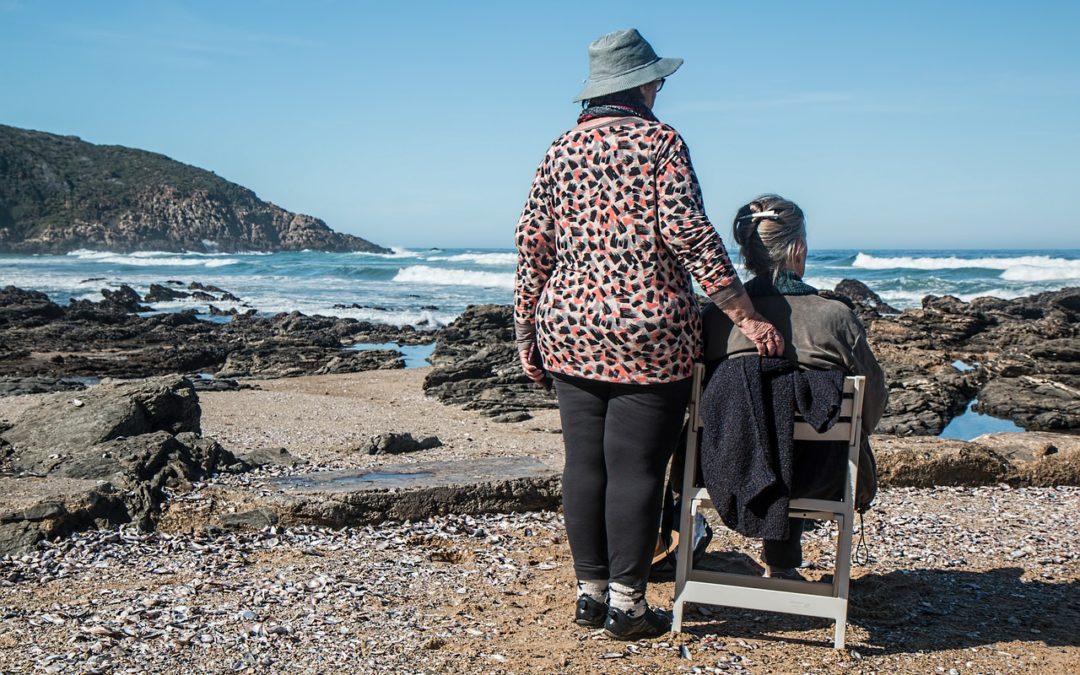According to Caregiver.org, about 43.5 million caregivers have provided care to an adult or child within the last 12 months, unpaid. This most likely means that a substantial amount of the caregiving community is giving care without financial compensation. They are giving care to parents, children, friends, a parent-in-law, or a grandparent-in-law.
If you are considering caregiving or know someone who does care for another, it is very likely that you have come across various myths regarding caregiving.
Let’s begin the debunking.
Myth #1: You don’t have the time to be a caregiver
Caring for someone does not mean that everything else in your life stops. It also doesn’t mean that you are completely healthy or the person is in dire need. Caregiving comes in all shapes and forms. You can give care in your own way.
Perhaps you can help by shopping for groceries, meal prepping, doing the laundry, driving the person to doctor’s appointments, picking up medication, etc. We can all use our strengths to give care.
Myth #2: Caregiving is achieved alone
Caregiving is no longer a job that has to be handled by one person. The weight can be spread out between family members, friends, and professionals.
Maybe you have groceries delivered if you don’t have the time. Maybe you coordinate with other family members or friends to carry out different tasks to help you.
Caregiving does not have to be lonely. Don’t be afraid to reach out and ask for help. Lean on others so that you can be the best you can for the person you are caring for.

Myth #3: People should know how I feel and what I need
You may think that what you are struggling with as a caregiver and what you need help with is obvious. The truth is that it is not. They are not with you every minute of the day. They do not know what you all the tasks on your to-do lists and the ones you need help with. In addition, sometimes others just aren’t as in tune with possible signals you could be sending.
Tell them. Ask them for specific help. Be honest and clear about what you need and how you are feeling. Don’t suffer, speak up.
Myth #4: My loved one continues to decline, I must be doing something wrong
You might think that if you had more time, if you were less tired, or if you were less stressed maybe your loved one would be healing better. As long as you are doing the best you can, that’s all you can do. You being there for your loved one is enough. You listening, loving, and just being there is enough. Do what it is in your power to do and that’s it. The best thing you can do is make sure that the person is as happy and comfortable as possible. The rest may be out of your hands.

Myth #5: Caregivers aren’t allowed to complain or feel bad
Like everything in life, caregiving is a balance. You want to be able to speak your mind while respecting the other person’s privacy. You should do your best to maintain a positive outlook, however, you are still a human being with a wide range of feelings. You are entitled to feel them. You are not alone.
Sharing your challenges and your struggles with others not only helps you, but also helps others to understand and heal themselves.
Talking through your emotions openly with other friends and family can be very helpful in retaining a positive outlook overall as well. Letting emotions bottle up or suppressing negative ones may only lead to more problems in the future. Talk it out. Let it out. Move forward.
Thinking about being a caregiver? Need help?

